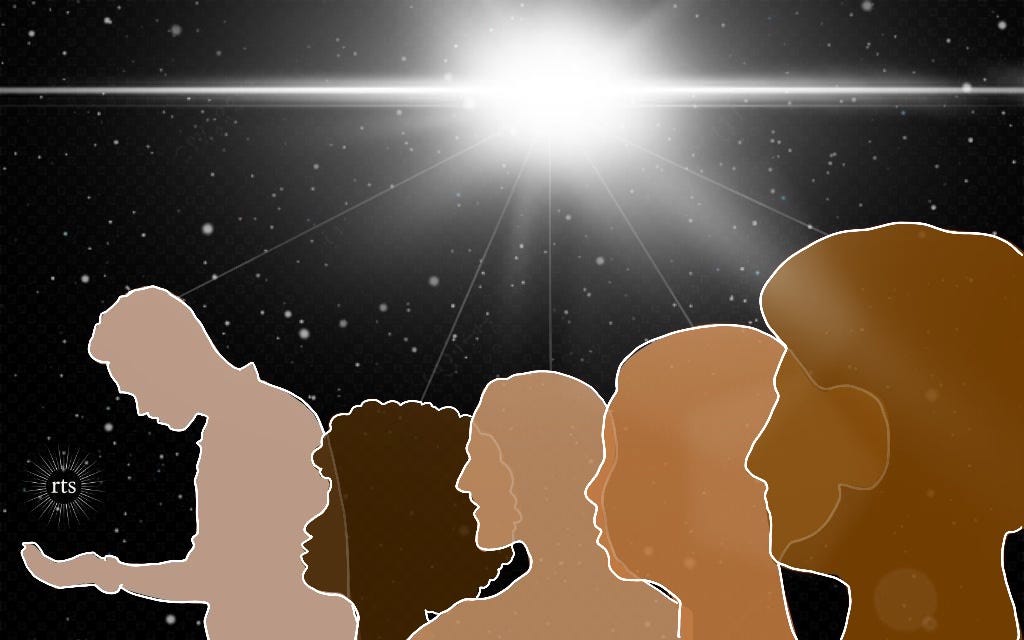The Cycle Ends With You
Generational trauma is a real thing, and it stops here.
What if you learned that a lot of the trauma you’re carrying, whether consciously or not, isn’t even actually yours? What if I told you that it’s trauma that has been passed down from your ancestors and embedded in your DNA?
There’s been a lot of talk lately about generational trauma, and yes, it’s a real thing.
So many of us come from lineages that have …

